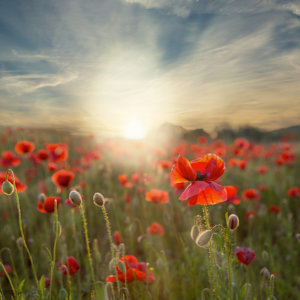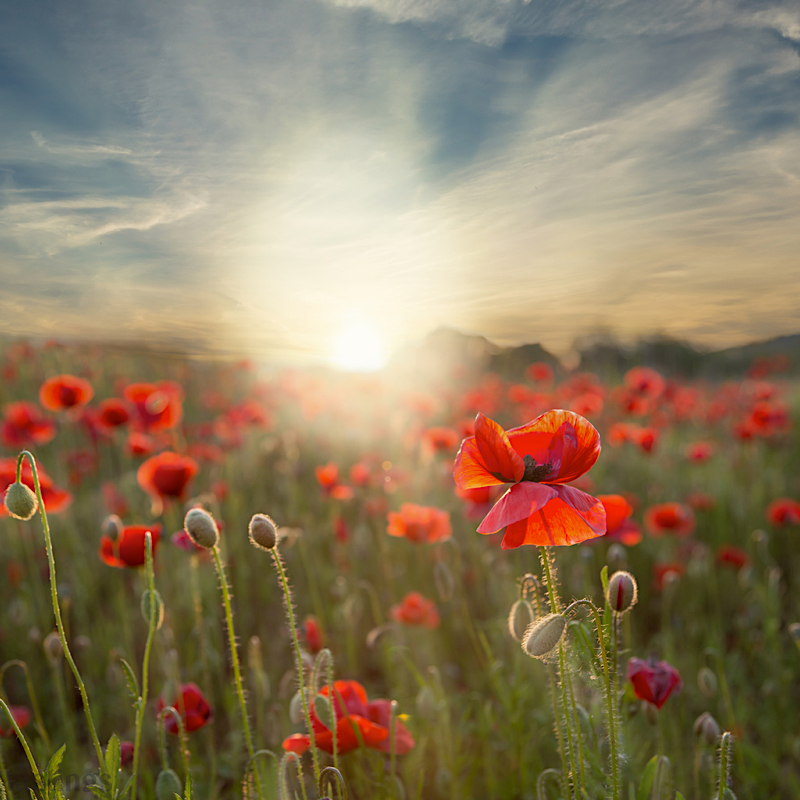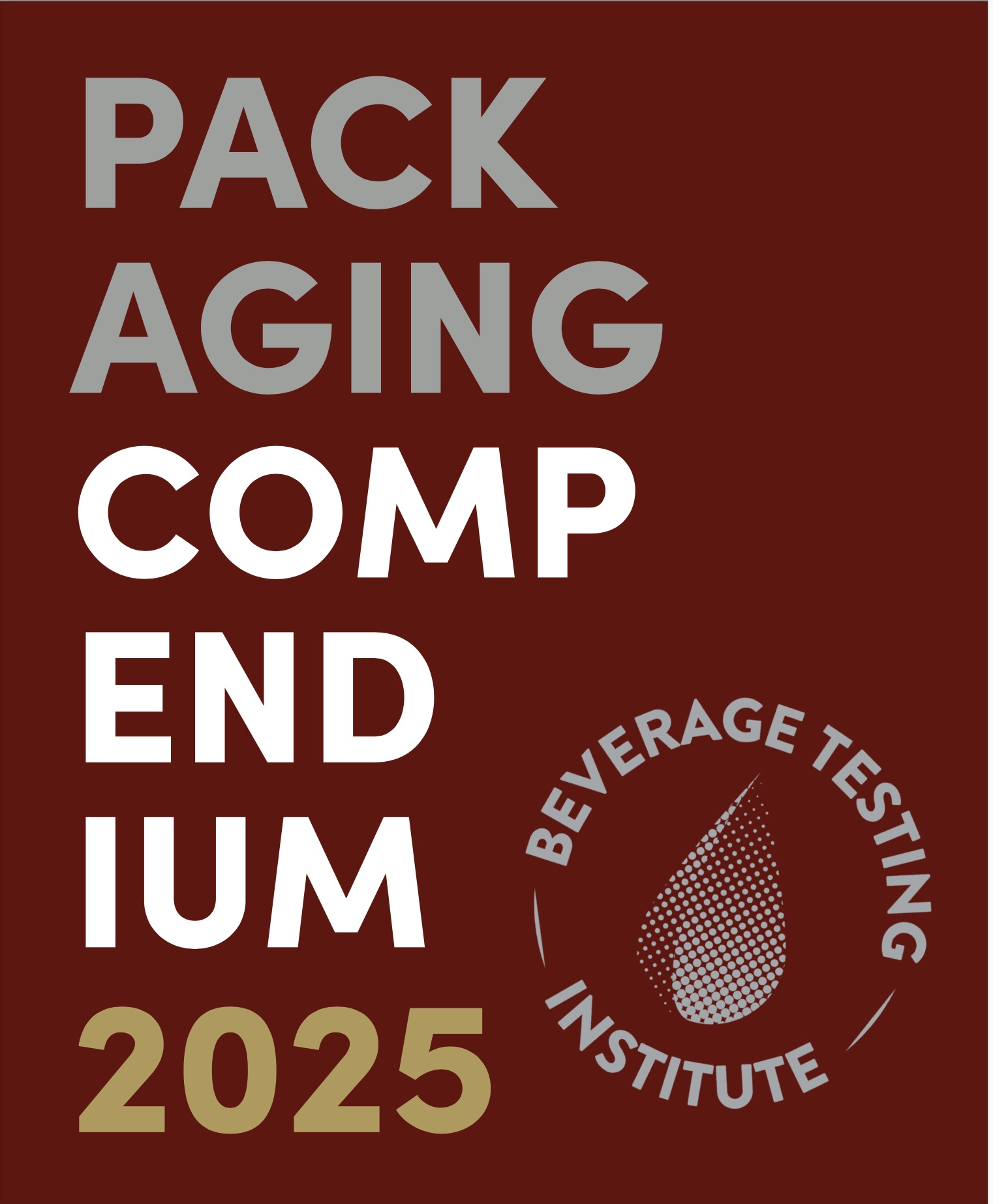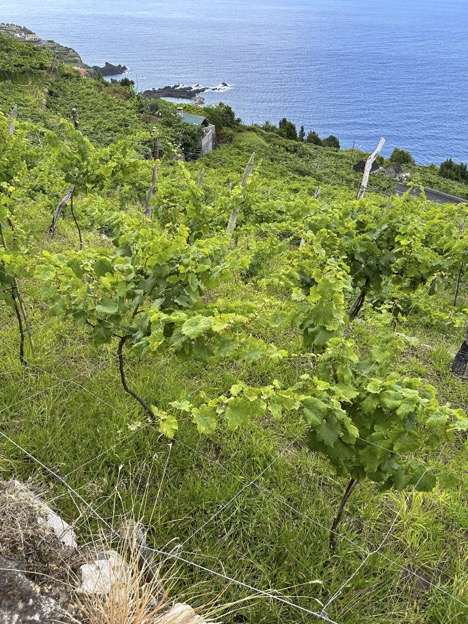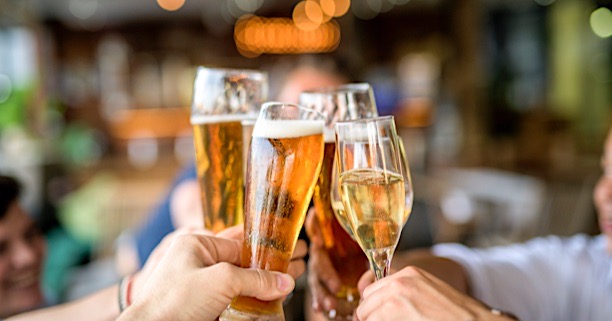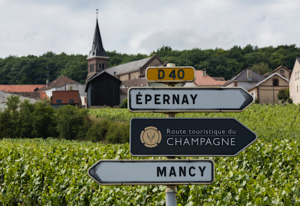
“It is not just France we are fighting for, but for Champagne.” – Winston Churchill
On the eleventh hour of the eleventh day in the eleventh month one hundred and six years ago today ended one of the greatest atrocities that mankind has ever exacted upon one another. If you travel to Britian for the remembrance the streets of London are lined with poppies placed by men and women from every corner of the English countryside to recall their countrymen and family members. Great grandpa James who had never met his daughter and Aunt Paula’s older brother Simon are held in reference for their service generations later.
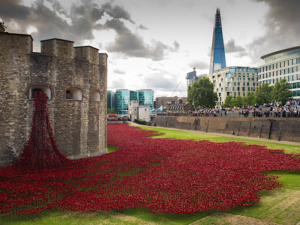
However, here in the states, we can no longer be bothered to reflect upon the horrors suffered by millions for our opportunities today. The stock market must be open, we must shuffle paperwork at our office desks, and often times we can’t even settle on the name of our holidays, because America most of all typifies that in all times and in all places, commerce is the great victor.
Nonetheless, on the other side of the Atlantic every city, township, and tiny village of Bourgogne and Champagne has a monument to the Great War, because every inch of soil was affected by those tragic days. Feel free to talk to almost anyone in those villages or at the châteaux of any Champagne house and they will tell you, “The Second World War was terrible, but it was nothing compared to the Great War.” This is quite the statement considering the ground of Champagne might be more blood soaked and war torn than any spot other than the Armageddon Valley. With recorded battles predating the Romans that first dug the now famous limestone quarries and introduced viticulture, to Attila the Hun and the crowning of Clovis at Reims, through the Hundred Years War, and the Napoleonic Wars the beverage most associated with celebration is grown from fossil soils drenched in death.
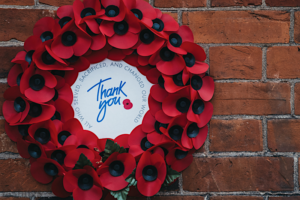
“Gentlemen, in the little moment that remains to us between the crisis and the catastrophe, we may as well drink a glass of Champagne.” – Paul Claudel
Perhaps this very duality is in part what makes Champagne so fantastic and prolific in the marketplace; the ammonia nitrate of yesterday’s munitions fertilizing the soil to grow crops and feed the next generation. This also overlaps perfectly with Napoleon Bonaparte’s sentiment that Champagne was best when celebrating victories or needed when being consoled in defeat. So, lay down your pens and back away from your screens and keyboards. Grab a bottle of Perrier Jouet Belle Époque, Pol Roger Winston Churchill, Charles Heidsieck, Krug, and Salon all rooted in history, or modern gems like Agrapart, Ulysse Collin, and Cedric Bouchard all inextricably tied to magical land. Whatever option you deem best, take a moment and reflect on the many people and deeds that led to the victories that might have felt like defeat, and yet eventually gave us today. The shortcomings of today are certainly better than the alternatives with just a moment of historical reflection. The responsibility and work falls to us to take a moment to remember, reflect, and then get back to the work of providing more victories upon which to build… with bottle in hand.
“Only the unimaginative can fail to find a reason for drinking Champagne” – Oscar Wilde
